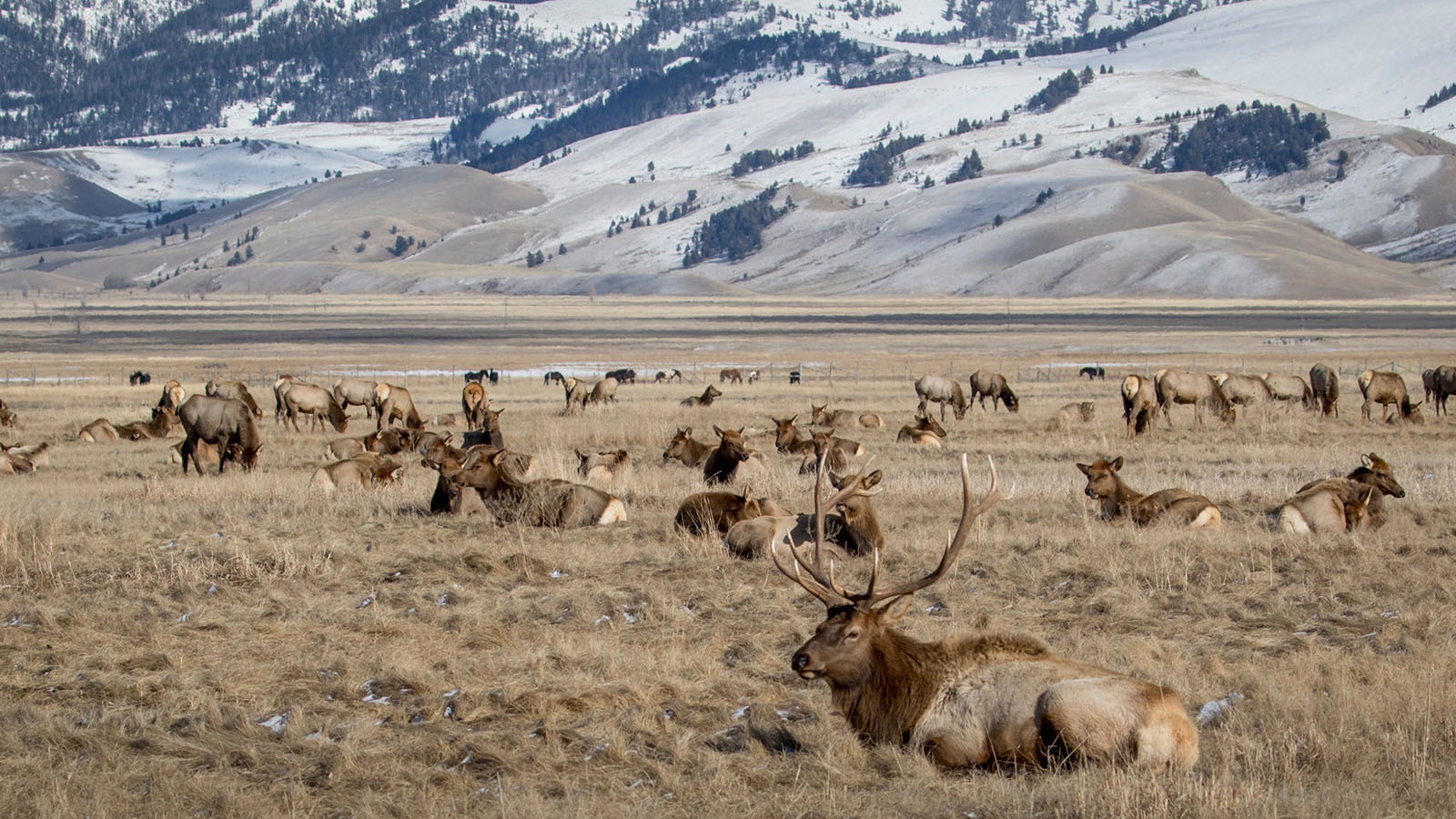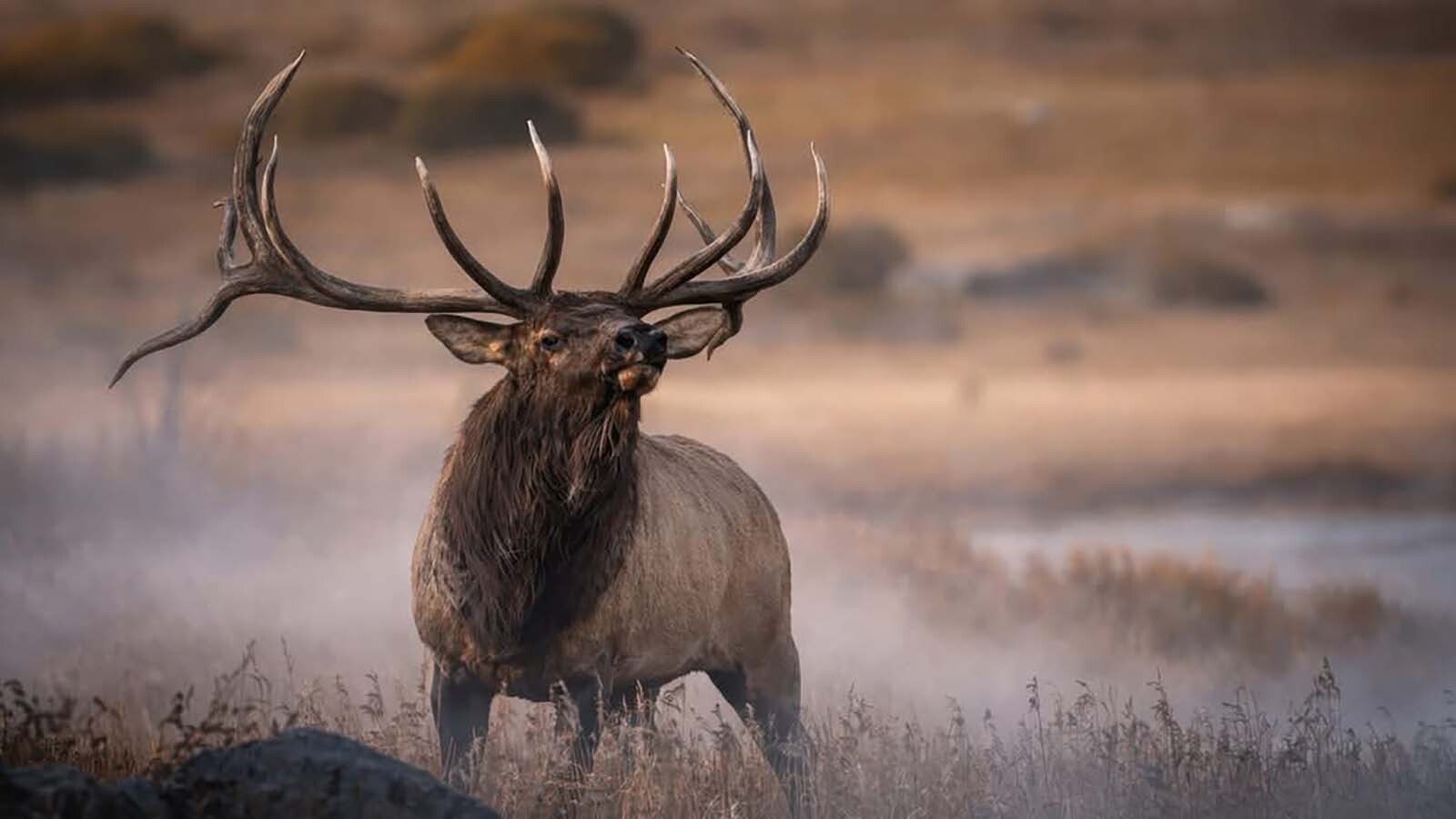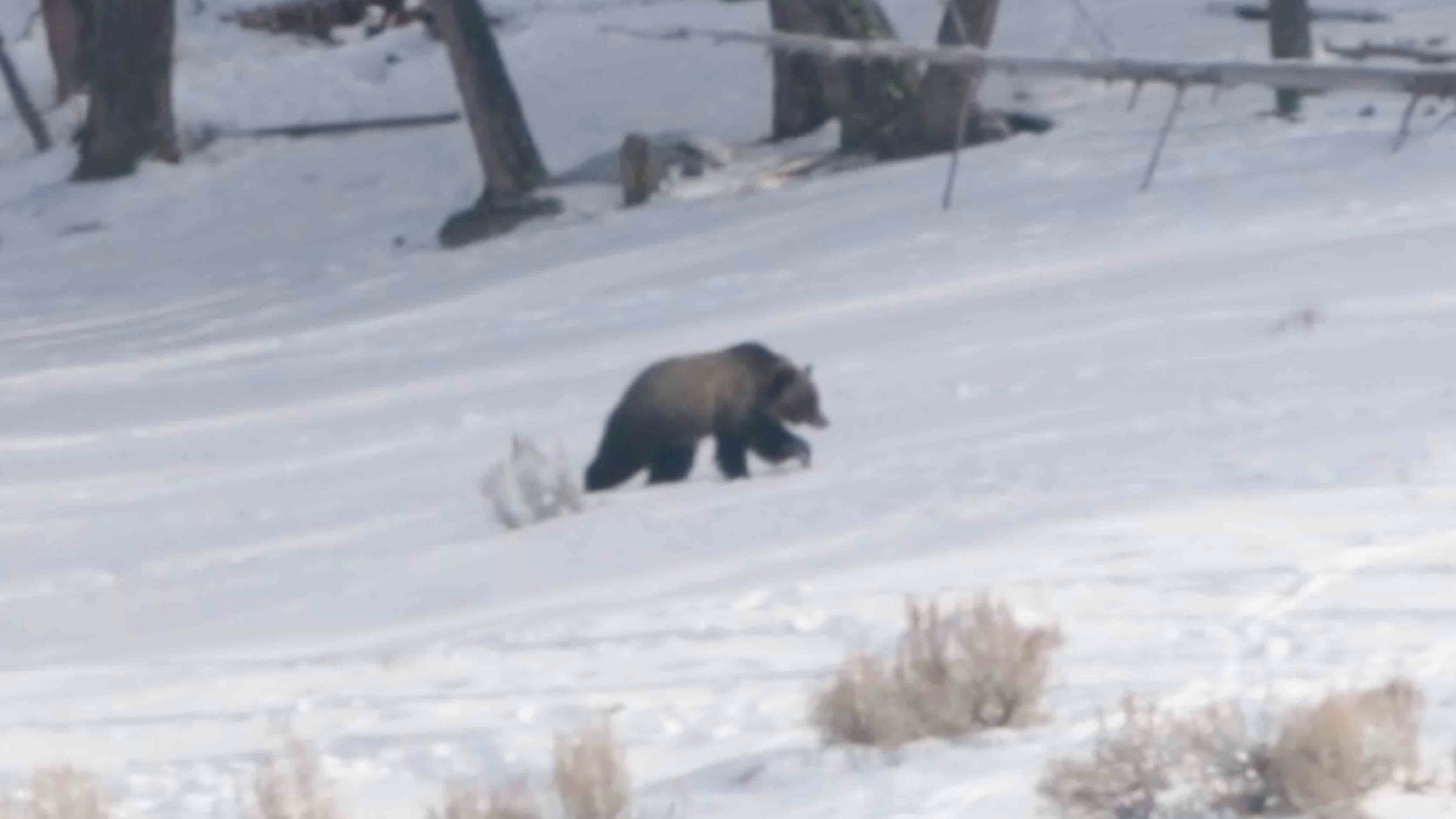The situations with elk in Wyoming and Montana mirror each other with some herds grossly over wildlife agencies’ population objectives, and there’s tension between hunters and landowners over getting access to shoot elk on private property.
But Montana landowners recently wanted to kill 50,000 elk, taking their wildlife problem to an extreme that’s caught the attention of Wyoming ranchers and hunters.
Killing a huge number of excess elk or deer isn’t likely to happen in the Cowboy State, some Wyoming agriculture experts said.
It apparently won’t happen in Montana, either, with a judge shooting down the idea.
Judge Says They Can’t Just Go Kill Elk
A group called United Property Owners of Montana (UPOM) in 2022 filed a lawsuit against the Montana Fish and Wildlife Commission and the Montana Fish, Wildlife and Parks Department. They were seeking clearance to eliminate what they claimed are “50,000 excess elk” from their lands.
In its lawsuit, the group claimed that Montana wildlife managers failed to adequately protect their property from damage caused by ballooning elk herds in the Big Sky State.
But in a July 22 ruling, Ferguson County, Montana, District Court Judge Gregory Todd shot down UPON’s claims on two points.
He ruled that first, game managers are meeting their legal obligation to protect private property from damage by wildlife.
Second, that the property owners don’t have a fundamental right to just start killing elk they find bothersome.
Trying To Claim Wildlife As Private Property
Though the judge came down hard against the landowners, his ruling seems sound, said Jim Magagna, executive vice president of the Wyoming Stock Growers Association.
“It sounded like the landowners were saying they had the right to just go and get those elk,” he told Cowboy State Daily.
But by Magagna’s estimation, that sounds too much like landowners trying to claim ownership of wildlife, which they don’t
“Our perspective in Wyoming is that elk are the property of the state,” he said.
The North American model of wildlife management is one of the guiding principles for agencies such as Fish, Wildlife and Parks and Wyoming Game and Fish. Under that model, wildlife is regarded as a public trust.
Brett Moline, spokesman for the Wyoming Farm Bureau Federation, told Cowboy State Daily that the Montana landowners could have turned to hunters for help.
“It sounds like kind of reading between the lines,” he said. “The question is, was the landowner group allowing enough public hunting access to get the elk numbers down?”

Similar Problem In Wyoming
Claims of excess elk are familiar in Wyoming. Especially in the eastern part of the state, herds have grown far past objective numbers set by Game and Fish.
The Iron Mountain Elk herd in the Laramie-Cheyenne region is a prime example. That herd spends much of its time on private land, and getting hunters enough access to thin out the herd has been tricky.
The idea of allowing landowners to buy unlimited elk-killing permits for $20 each was floated last year before the Wyoming Legislature’s Joint Agriculture, State and Public Lands and Water Resources Committee, but it didn’t gain traction.
This year, Game and Fish proposed offering type 8 elk tags in some hunt areas, which will allow hunters to shoot more cow elk.
Moline said Wyoming farmers and ranchers remain frustrated by the number of elk in some areas.
“We need to do something before these herds are two to three times above the objective levels,” he said.
But so far, there’s been enough cooperation between landowners, Game and Fish and hunters that tensions won’t reach the point they have in Montana, Moline said.
“I don’t think we’re at that point in Wyoming where we’re going to have lawsuits, and I hope we never get there,” he said.
Magagna agreed that Wyoming can probably solve its elk quandary without court battles or calls to wipe out 50,000 animals.
“I don’t see it here anytime in the foreseeable future,” he said. “Even though those situations in Montana are similar in terms of numbers of elk, they are not similar in the way we approach the situation.”
Grant Hunter Access, Get Compensation
Wyoming offers compensation to ranchers if elk gobble up too much forage on their land.
Magagna and Moline said that to be eligible for such payments, ranchers must allow reasonable access for hunters.
That can be a balancing act for landowners, Moline said. They might allow a few hunters on to shoot or scare away elk, but they must be cautious about just throwing their gates wide open for anybody and everybody.
“I also understand the landowners’ point. You don’t want to open it up to unlimited access and the problems that’s going to cause,” he said. “It’s a minority of hunters, but some hunters aren’t ethical and don’t follow the landowner’s rules.”
Problems can also arise when hunter access becomes patchy, Moline and Magagna said.
“As a landowner, I might be granting reasonable access for hunters to my property. But if I have neighbors who don’t care how many elk they have on their property and they won’t grant access, that makes management difficult,” Magagna said.
Moline agreed that if elk can find safe haven from hunters on certain properties, it can become impossible to cut their numbers down.
That’s one thing we’re trying to figure out. How do we work with landowners who don’t allow hunting? It might not affect those landowners, but it can affect their neighbors. How do we get them to allow hunting?” he said.
Mark Heinz can be reached at mark@cowboystatedaily.com.





